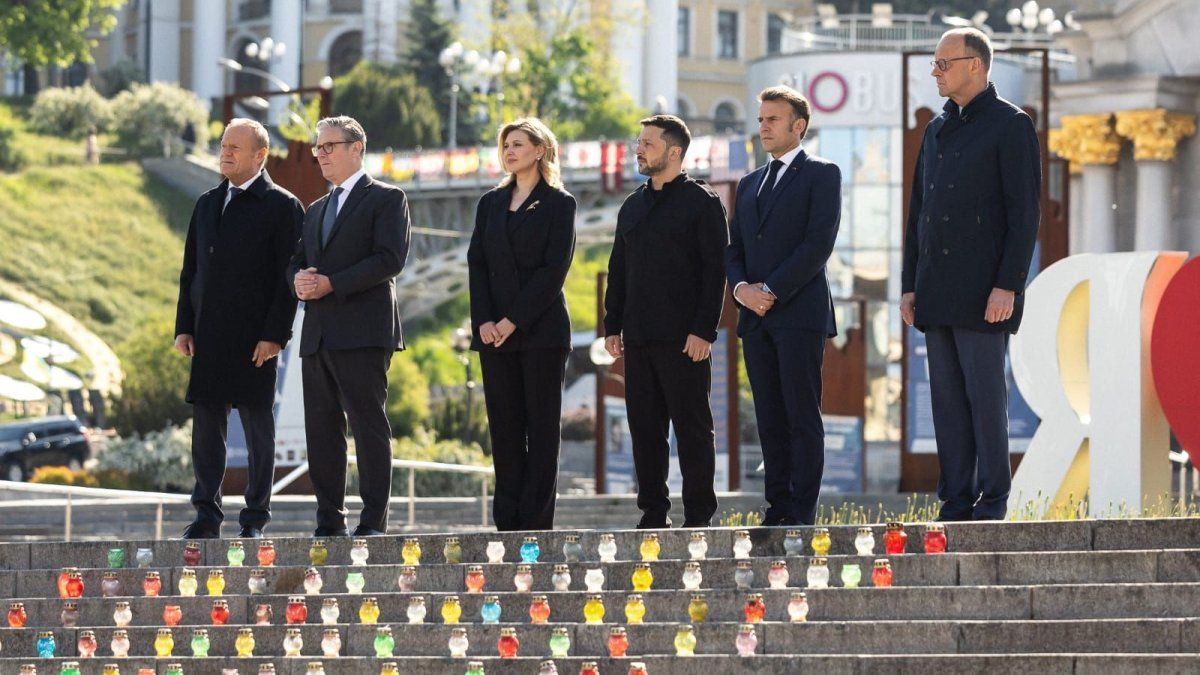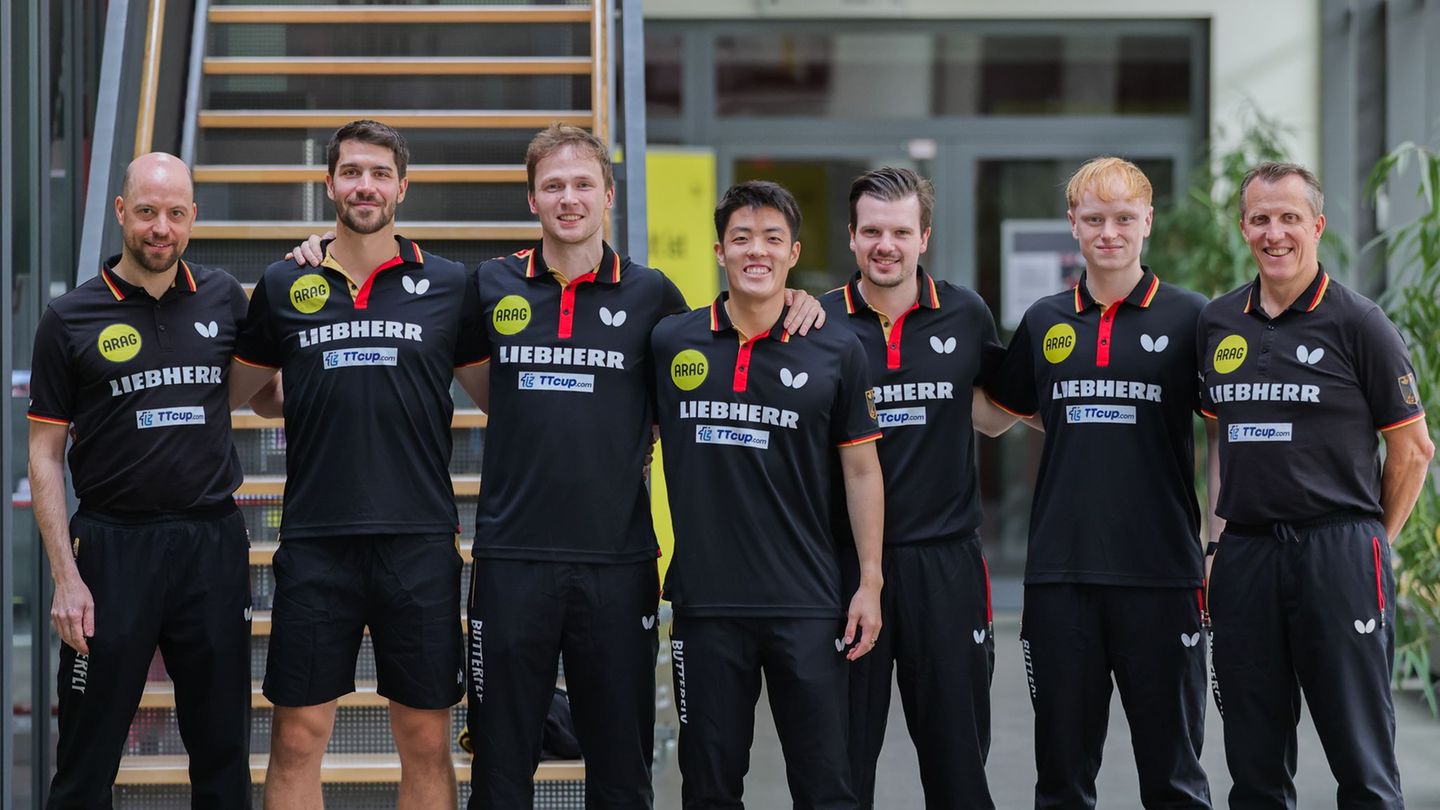The president of the Hotel and Gastronomic Business Federation of the Argentine Republic (FEHGRA), Fernando Desbots, welcomed the changes to the Intellectual Property Law that exempts hotels and tourist accommodation from paying fees to the Argentine Society of Authors and Composers (Sadaic) for copyright.
“We have been waiting for this for many years, it was a very sensitive issue for us. Hotel rooms should be considered within the private sphere because no one is spying through the peephole. They should not be covered by Law 11,723, since hotel rooms do not represent a public space. We have been working on this issue together with the National Secretariat of Tourism and Minister Sturzenegger, who interpreted the scope of the issue,” said Desbots during the inauguration of the Hotelga 2024 exhibition.
Through decree 765/2024 published on Wednesday in the Official Gazette, some aspects of the Intellectual Property Law (11,723) were modified, which deregulates the collection of copyrights. In this way, songs, films and other types of artistic works that are reproduced in private settings will no longer be subject to fees for the use of intellectual property.
The Minister of Deregulation and State Transformation, Federico Sturzenegger, also participated in the event and spoke about it: “The decree, signed by Mariano Cúneo Libarona and Guillermo Francos, puts an end to a long-standing discussion, which refers to defining what is the private sphere and what is the public sphere. The decree clearly defines that a hotel room is the private sphere.”
The Secretary of Tourism and Environment, Daniel Scioli, another of the officials who gave a speech during the opening of Hotelga, said on the subject: “There were abusive behaviors, indiscriminate and irrational charges that were being applied by certain organizations. It was a concern for the sector, but there are new times of change in Argentina to de-bureaucratize and make the State efficient so that it is not a counterweight.”
New announcements
On the other hand, Sturzenegger announced that “in a few weeks” the national government will publish a DNU to “completely free up passenger transport” and that hotel companies “can pick up their clients at the airport with total freedom.”
He also announced that he is working on new regulations on ticket reselling for sporting events: “Companies will be able to offer their clients tickets for football matches and shows, as they do anywhere else in the world. Football is an important attraction in the City of Buenos Aires and it must reach users directly and transparently.”
Scioli, for his part, said: “I want to share something very personal to understand the reason why I returned to Argentina after my mission in Brazil. I returned to Argentina motivated, first of all, when President Milei defined tourism as a strategic activity for the country’s recovery.”
“He launched an open skies policy, which will provide extraordinary connectivity and will also extend to the transportation sector. There are airlines that left our country that are returning to Argentina and, based on this policy, the consumer benefits because there are more options and connectivity, not only in domestic flights but at a regional level,” he said.
The challenges of the sector
Desbots welcomed other recent developments affecting the sector, which includes 67,000 restaurants and 17,000 hotels, and generates 700,000 direct jobs and three times as many indirectly throughout the country.
In this regard, he referred to the recent ruling of the Supreme Court that revoked the decision of the Superior Court of Justice of Río Negro and declared the unconstitutionality of the Ecotasa in San Carlos de Bariloche: “It is an important call to attention for the municipalities because the works that they argued with the collection of the Ecotasa were not extraordinary, but are common to the obligations of all municipalities, such as the repair of streets, lighting and walkways.”
On the other hand, he referred to the payment of tips by electronic means: “It is a common practice in many parts of the world. Tipping will continue to be a voluntary act of generosity on the part of the client, with no fiscal impact for both the employer and the employee.”
He also pointed out that it was a success that “tourism was incorporated into the Large Investment Incentive Scheme (RIGI)”, since “it is essential for new establishments and for the innovation of existing hotels”.
Regarding the challenges for the hotel and restaurant industry, he stressed inflation: “It is one of our greatest problems and it is subsiding, although there are still great challenges to resolve this worrying problem. According to official statistics, in the first half of the year hotel activity fell by 25% year-on-year, and restaurant activity by 18%. In June, stays by local tourists fell by 19% year-on-year and by international tourists by 16%.”
“Our sector needs incentives for hiring staff and promoting fair and healthy working conditions; simplifying the tax system to improve the competitiveness of companies; and soft credit lines that allow us to update our structures; modernize assets; continue to generate policies to de-seasonalize destinations; and establish policies that ensure the same conditions for the entire offer,” he said.
Finally, he concluded: “In the world, hotels, gastronomy and tourism are becoming a priority in consumption. We hope that within a short time we will be moving towards that direction of growth and prosperity. We need to revitalize domestic tourism, which represents around 80% of our income.”
Source: Ambito




